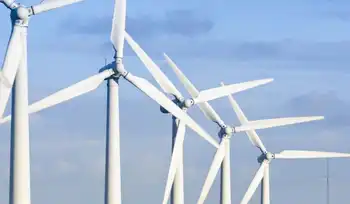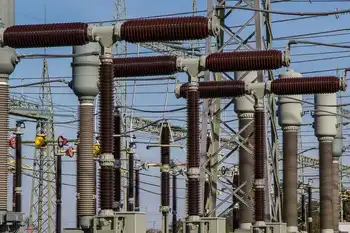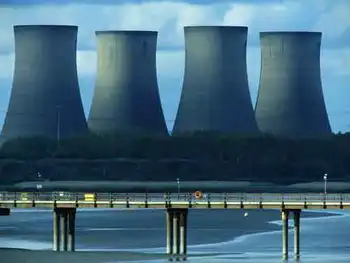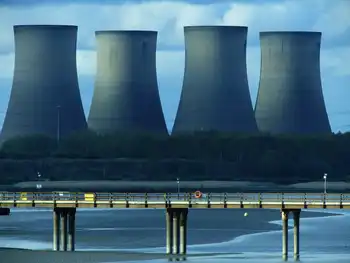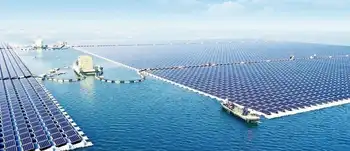Google defends power usage
By Reuters / Earth2Tech
CSA Z462 Arc Flash Training - Electrical Safety Essentials
Our customized live online or in‑person group training can be delivered to your staff at your location.

- Live Online
- 6 hours Instructor-led
- Group Training Available
Not even experts who crunch the numbers on these issues, like Lawrence Berkeley National Laboratory project scientist Jonathan Koomey, can say for sure if the Internet is carbon neutral or not — it’s really complicated, Koomey explained to me back in March.
Well, Google really doesn’t like being deemed — fairly or unfairly — an energy glutton, as a press report earlier this year claimed. And the search engine giant has been working on its self-defense moves in that area.
On Google’s blog, the company’s senior vice president of operations, Urs Hölzle, compares the energy expended for a typical Google search to other actions, like publishing a daily newspaper, producing a glass of orange juice, making a cheeseburger or driving 5 miles in an average car.
Of course, the energy consumption of Google searches pales in comparison to these physical actions: It takes 850 Google searches to make a newspaper and 15,000 Google searches for a cheeseburger. (More than anything, that emphasizes how unsustainable the meat industry is, but thatÂ’s another article.)
Even more impressive is the fact that, according to Hölzle, “[I]n the time it takes to do a Google search, your own personal computer will likely use more energy than we will use to answer your query.”
Given all this Internet energy research is so new and Internet infrastructure is expanding at a rapid pace, itÂ’s hard to use these figures to answer whether or not the power the Internet uses makes up for itself in energy savings through web services. A study by the Climate Group says it does, but until we know more, itÂ’s the investigation process thatÂ’s the most important part.
Last month I posted the (slightly cheeky) story ‘Carbon Footprint of Spam: Hello, the Internet Uses Energy’ in response to a study sponsored by computer security firm McAfee on the energy consumption of spam. The lead author of the report, Cody Taylor, wrote to me to say: “spam is obviously not the biggest culprit around when it comes to environmental harm. But I think studies like this are useful in expanding our understanding of ICT [information and communications technology] so we can make better decisions.”
I completely agree and, clearly, so does Google — keep on crunching the numbers.






